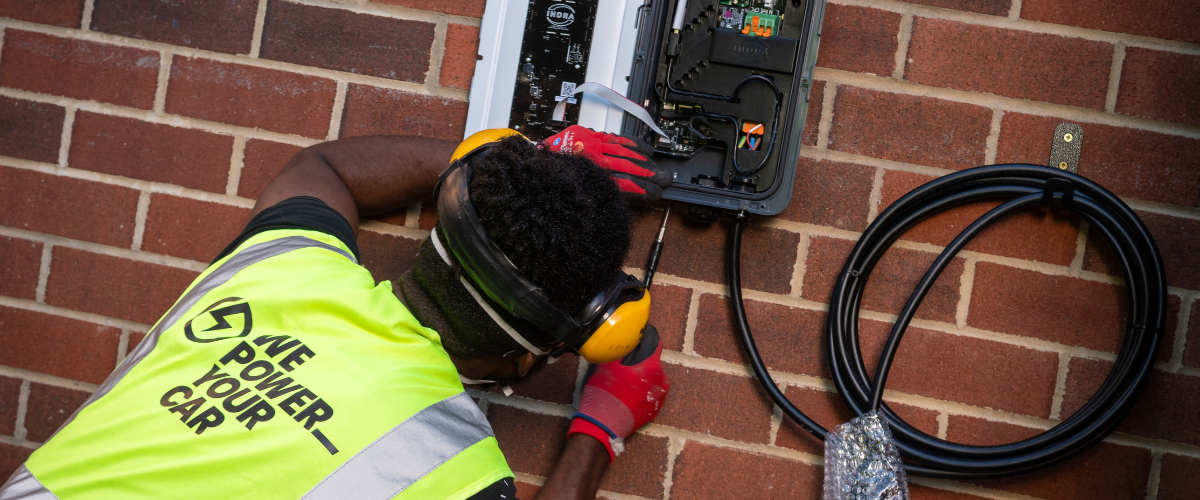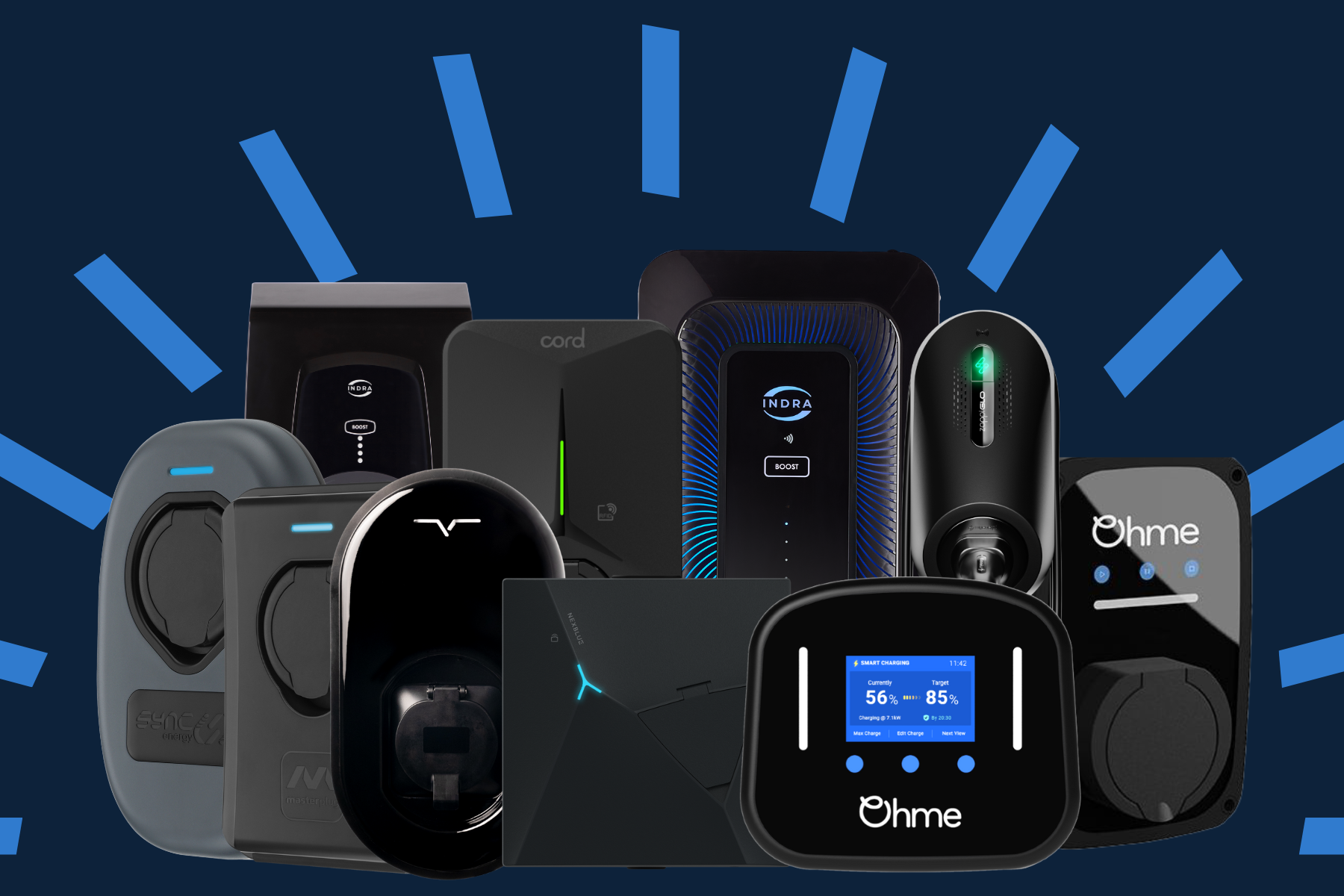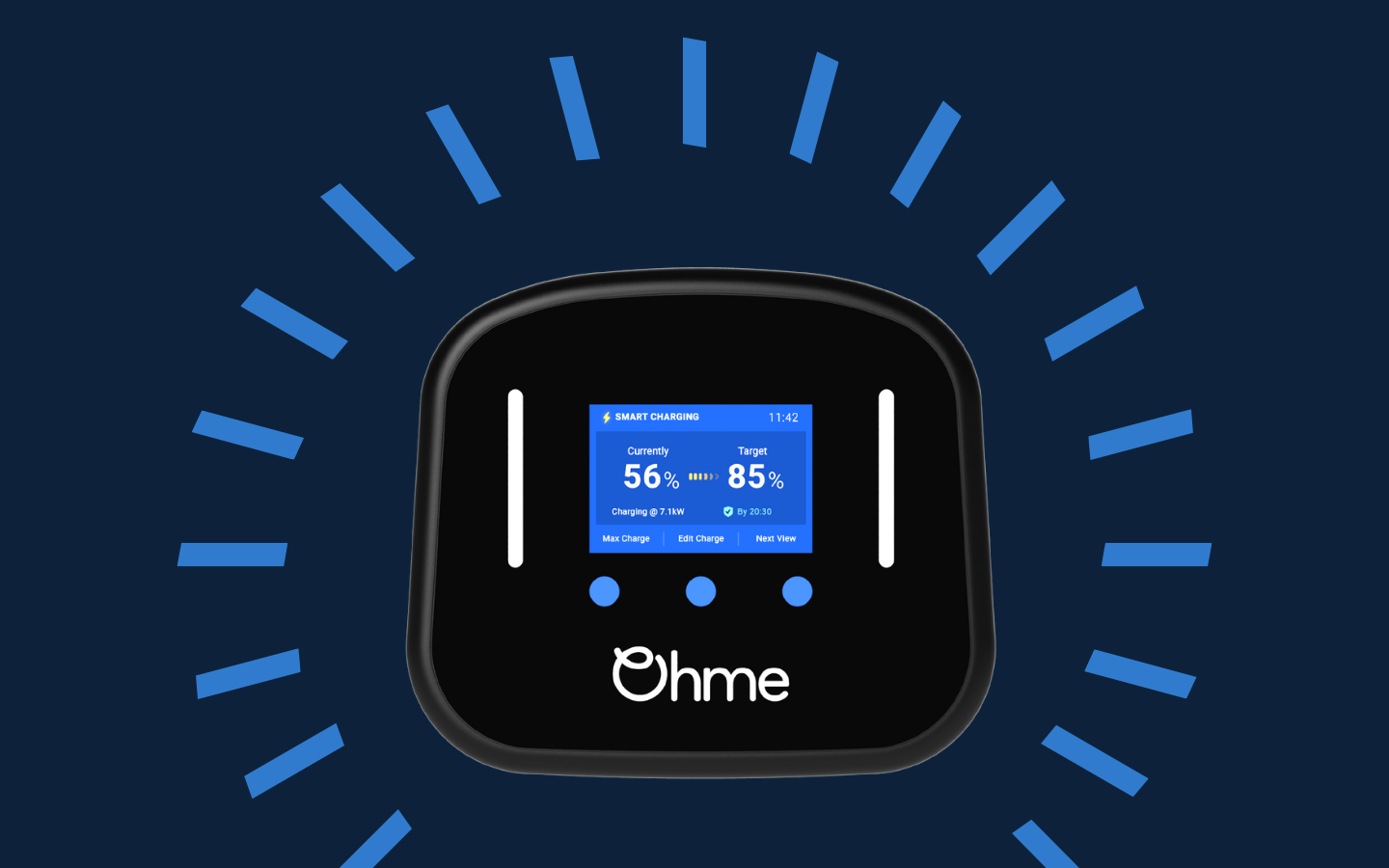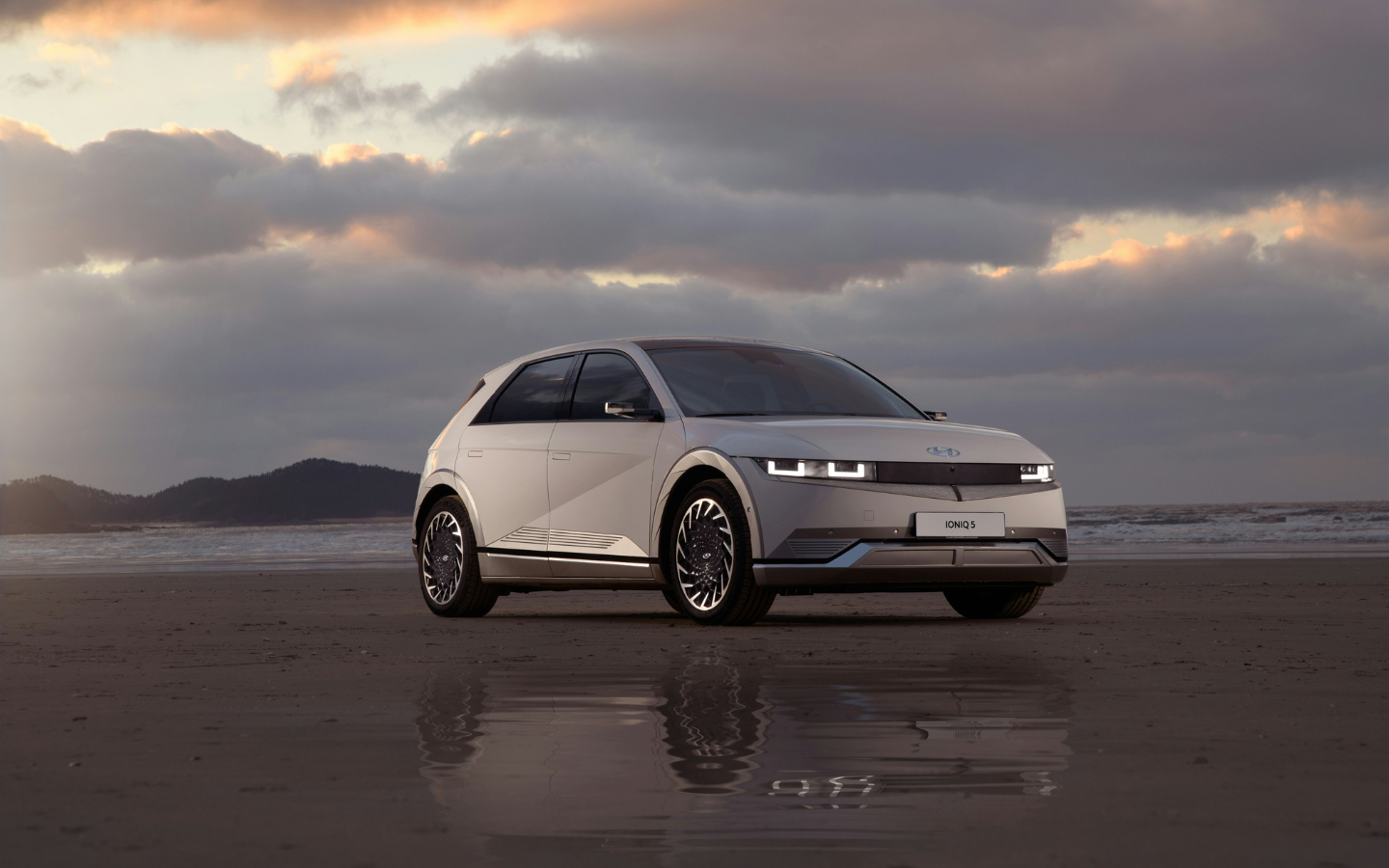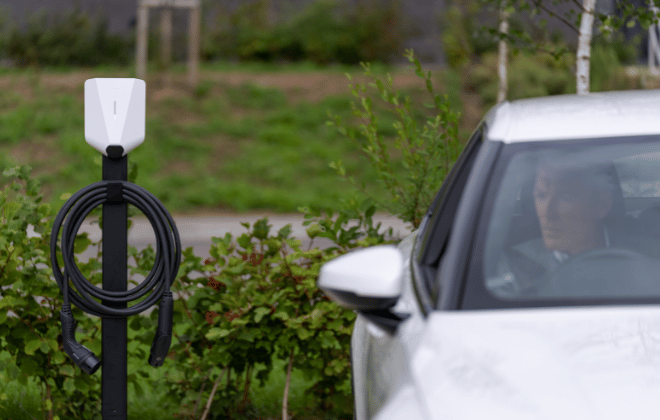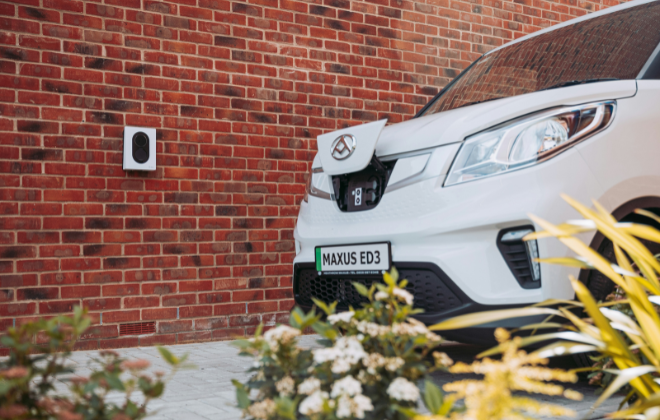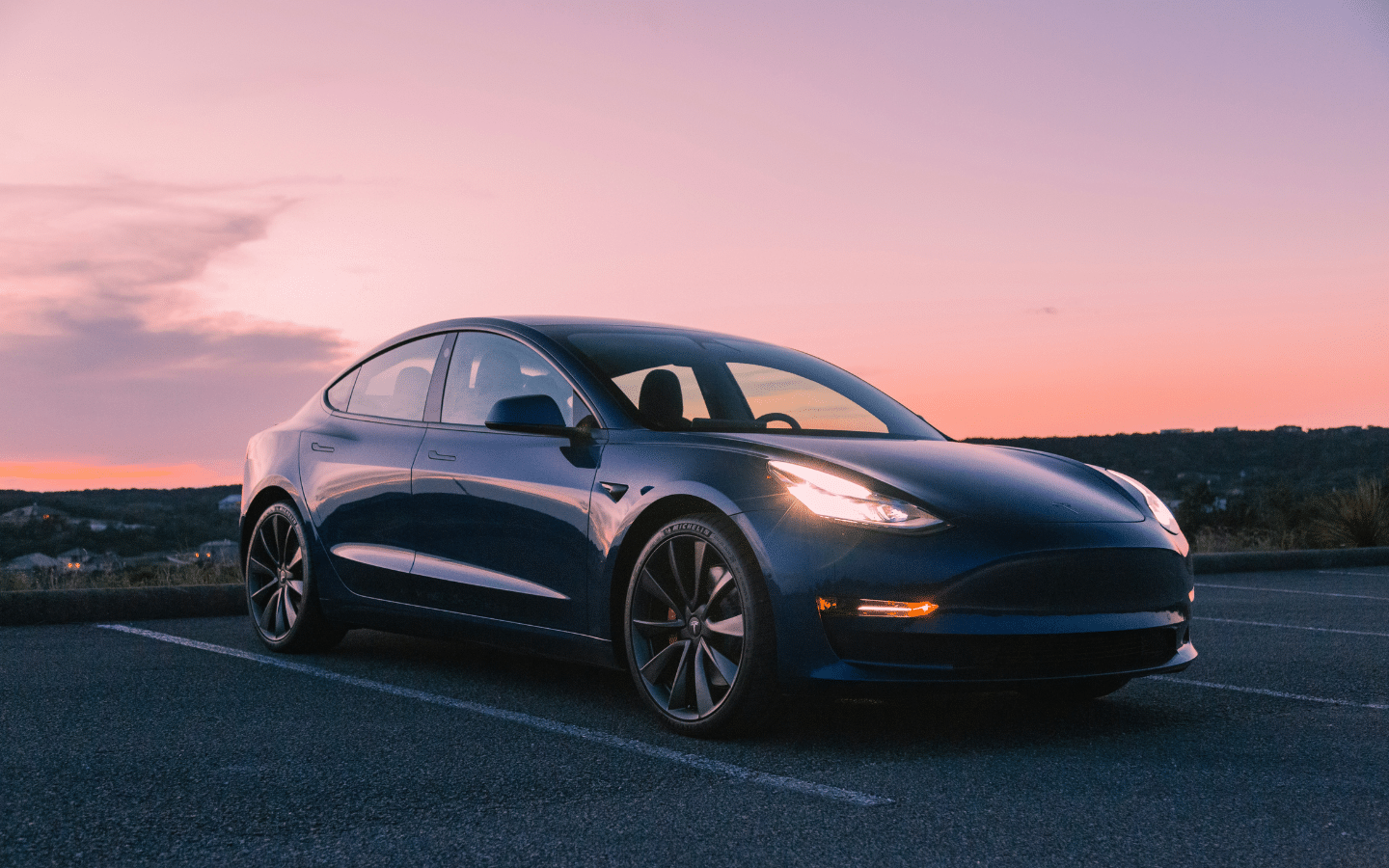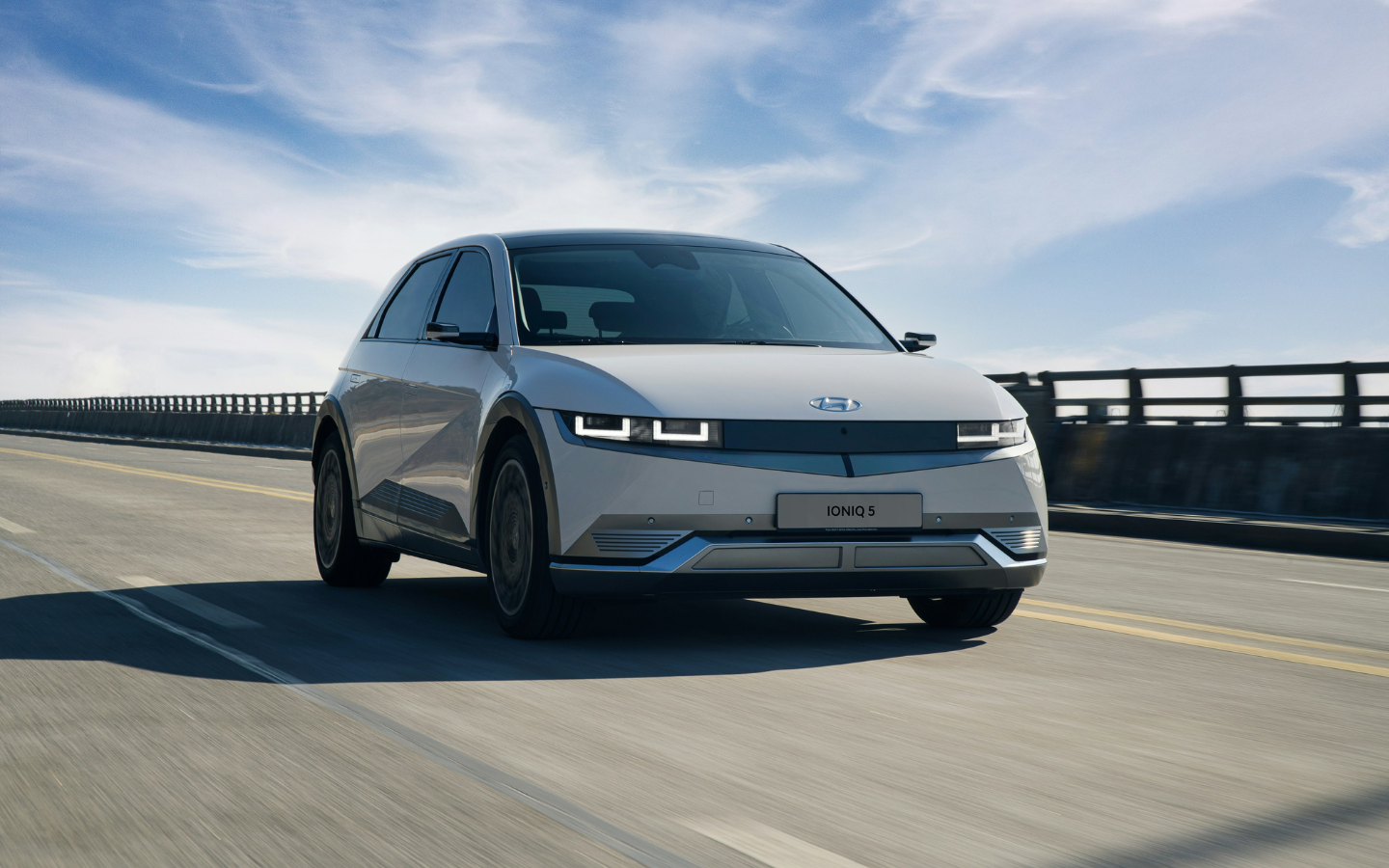

HMRC Electric Car Mileage Rates: The New Rate Guide
On 1st September 2025, HMRC rolled out new mileage rates for electric cars in the UK, both for home EV charging and public EV charging.
Before, the HMRC mileage rates for electric cars, or sometimes referred to as the Advisory Electric Rate (AER), weren’t split between charging locations and were one baseline price at 7p.
Now, with the fresh changes, depending on where you charge your EV, it will impact the mileage claim for electric cars.
Today, we provide you with the new advisory rates, explain why the changes have occurred, and more in our guide to HMRC mileage rate changes for electric cars.
Quick summary:
The new Advisory Electric Rates (AERs) from HMRC for electric cars in 2026 are:
- 8p per mile for home charging
- 14p per mile for public charging
The old HMRC mileage rates in 2024 were 7p.
Why the changes to electric car mileage rates?
The key reason for the changes to the HMRC electric car rates is for fairer reimbursement. Public EV charging stations are notoriously more expensive than charging an electric car at home.
Having home and public charging rates at 7p per mile did not reflect the true cost of public EV charging, with the reality being starkly different.
The new prices are based on 51p per kWh for slow/fast chargers from Zap-Map.
New HMRC EV Mileage Rates:
Type of EV charging |
2026 Electric Car Mileage Rates |
2024 Electric Car Mileage Rates |
| Home EV Charging | 8p per mile | 7p per mile |
| Public EV charging | 14p per mile | 7p per mile |
Good to know: The public charging rate was 12p initially, but HMRC boosted the rate to 14p.
Who benefits from the HMRC mileage rate changes?
The new HMRC mileage rate changes positively impact EV salary sacrifice and electric company car drivers who rely on public EV charging points, or are on the road for business frequently and lack access to a home charger.
Previously, the 7p mileage rate for electric cars barely touched the true price of public charge points.
In 2025 and going forward, though, this acknowledgement of a 14p public charging mileage rate equals a 71% increase, meaning EV drivers on schemes, especially for business travel, won’t be at as much of a loss in their charging expenses.
With the EV BIK rate at 3%, businesses making the switch to an electric fleet, or supporting their employees in doing so, can benefit massively financially, too.
What are the problems with the new mileage rates?
While the new HMRC mileage rates for electric vehicles are a step forward, it’s not a complete home run.
Specifically, for business electric vehicle drivers who frequently use ultra-rapid charging points, it doesn’t close the price disparity.
To illustrate our meaning, here is a list of common ultra-rapid charging prices in 2025, a clear difference from the 14p per mile rate:
One crucial aspect to note: EV drivers shouldn’t be constantly topping up via rapid and ultra-charging points constantly as it can put strain on the battery and shorten its life. One reason for not including this may be a deterrent for the government to encourage electric car longevity.
Still, the lack of full reimbursement on rapid/ultra-rapid EV charging points is a subject that needs to be considered by the UK government.
For those on long business trips where the hotels lack EV charging infrastructure or greater distances are covered and quick ultra-rapid charging is needed, electricity costs may be higher due to the need for ultra-rapid charging.
In this instance, the mileage reimbursement rates are still off.
Final word:
The nudge in electric car mileage rates is a positive feat, especially in creating greener and fairer EV charging for employees. Financially, though, there is still a clear price disparity for the ultra-rapid charging points. Employees may find themselves out of pocket when travelling on long business trips.
When reimbursing employees for business, returning any amount higher than the Advisory Electric Rate means it will be subject to tax, too. Unless, of course, it can be disputed. Another angle which shows the need for a higher mileage rate, or a new third rate for higher speed charging.
Hopefully, with HMRC reviewing the electric vehicle mileage rates quarterly, there may be an introductory third rate for ultra-rapid charging stations, or the public rate may be boosted for equal running costs.
Looking for a home EV charger for your company EV? Or are you in the market for workplace EV charging points?
Choose We Power Your Car.
Our experience spans multiple industries, at different scales and varying EV charging speeds. If you’re interested in a home, workplace or commercial EV charger installation, contact us at 03333 44 96 99 or browse our EV charging solutions on offer below.
